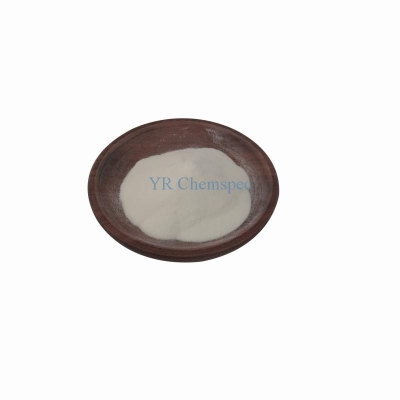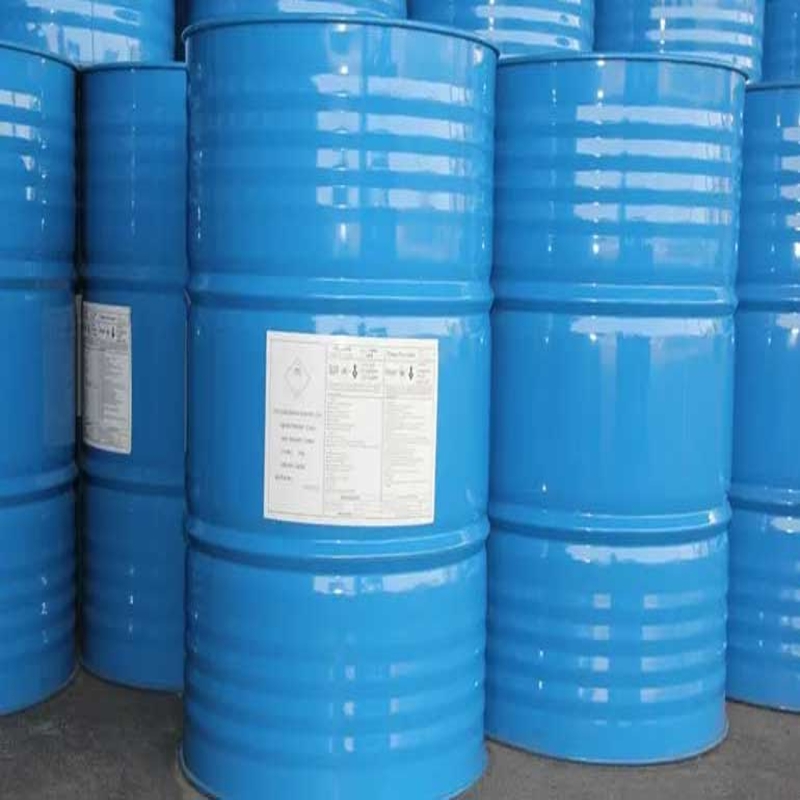-
Categories
-
Pharmaceutical Intermediates
-
Active Pharmaceutical Ingredients
-
Food Additives
- Industrial Coatings
- Agrochemicals
- Dyes and Pigments
- Surfactant
- Flavors and Fragrances
- Chemical Reagents
- Catalyst and Auxiliary
- Natural Products
- Inorganic Chemistry
-
Organic Chemistry
-
Biochemical Engineering
- Analytical Chemistry
-
Cosmetic Ingredient
- Water Treatment Chemical
-
Pharmaceutical Intermediates
Promotion
ECHEMI Mall
Wholesale
Weekly Price
Exhibition
News
-
Trade Service
As oil prices continue to fall, BP consumption is growing at its fastest pace in 10 years
.
According to data from the UK's Department of Energy and Climate Change (DECC), consumption of petroleum products increased by 1.
6%
year-on-year in the first half of this year.
Like most other advanced industrial economies, consumption of British petroleum products peaked in 2005 and then fell
sharply as oil prices climbed to $140 a barrel in 2008.
The recession has eroded a large chunk of oil consumption
.
But even as the economy recovered from 2010 to 2014, oil demand continued to decline, as high prices encouraged savings
.
In the first half of 2014, before oil prices began to fall, the UK consumed 36,000 tonnes per day, almost 18%
less than in 2005.
But between the first half of last year and the first half of this year, oil consumption increased by 2,500 tons, or 1.
5%.
The UK has experienced a long transition from petrol to diesel in passenger cars, making it difficult
to compare individual fuel consumption.
In recent months, however, gasoline consumption has been slowly declining, and diesel consumption has accelerated at an accelerated pace, which the government says was triggered by low oil prices
.
Vehicles on British roads are growing at their highest pace
since the recession.
Jet fuel consumption also increased by 1.
4%
year-on-year.
According to the Civil Aviation Authority, excluding transit passengers, the number of passengers carried by British Airways in the first quarter of 2015 increased by 7.
5%
year-on-year.
It is understood that the growth of oil consumption in the UK in the past 12 months has recovered the sharp decline
in oil demand in the previous 9 years.
As oil prices continue to fall, BP consumption is growing at its fastest pace in 10 years
.
According to data from the UK's Department of Energy and Climate Change (DECC), consumption of petroleum products increased by 1.
6%
year-on-year in the first half of this year.
Like most other advanced industrial economies, consumption of British petroleum products peaked in 2005 and then fell
sharply as oil prices climbed to $140 a barrel in 2008.
The recession has eroded a large chunk of oil consumption
.
But even as the economy recovered from 2010 to 2014, oil demand continued to decline, as high prices encouraged savings
.
In the first half of 2014, before oil prices began to fall, the UK consumed 36,000 tonnes per day, almost 18%
less than in 2005.
But between the first half of last year and the first half of this year, oil consumption increased by 2,500 tons, or 1.
5%.
The UK has experienced a long transition from petrol to diesel in passenger cars, making it difficult
to compare individual fuel consumption.
In recent months, however, gasoline consumption has been slowly declining, and diesel consumption has accelerated at an accelerated pace, which the government says was triggered by low oil prices
.
Vehicles on British roads are growing at their highest pace
since the recession.
Jet fuel consumption also increased by 1.
4%
year-on-year.
According to the Civil Aviation Authority, excluding transit passengers, the number of passengers carried by British Airways in the first quarter of 2015 increased by 7.
5%
year-on-year.
It is understood that the growth of oil consumption in the UK in the past 12 months has recovered the sharp decline
in oil demand in the previous 9 years.







